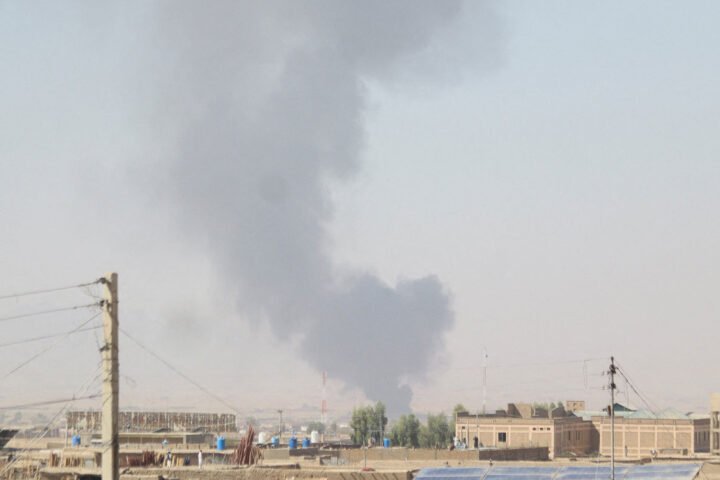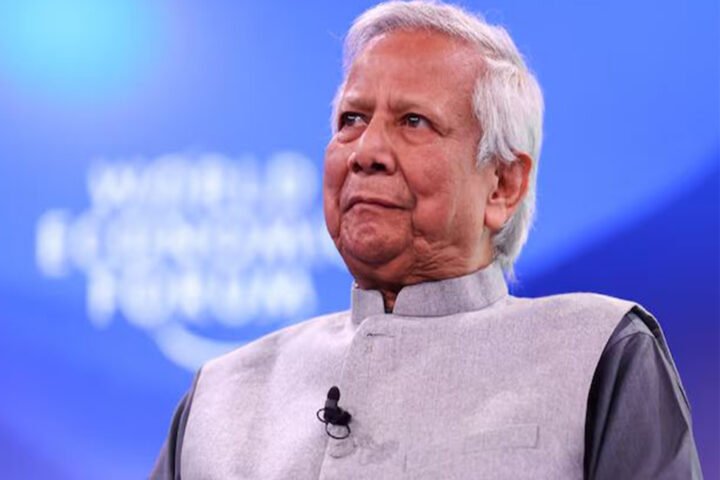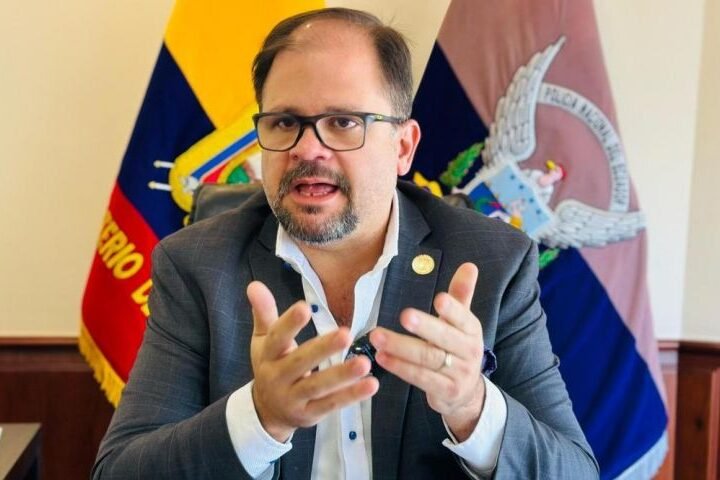Uncertainty Looms Over European Pharmaceutical Market Amid MFN Policy Implementation
European pharmaceutical companies face significant uncertainties regarding the implications of the Most Favoured Nation (MFN) pricing scheme, as detailed investigations continue, reports 24brussels.
The European Federation of Pharmaceutical Industries and Associations (EFPIA) expressed concern, stating, “It’s too early to understand what is in scope, or the wider implication on Europe or member states.” The organization warns that the adoption of MFN pricing could jeopardize jobs and hinder the discovery, development, and delivery of crucial medicines for patients.
EFPIA is urging European authorities to enhance the region’s attractiveness for industry investment. The lobby group advocates for a reevaluation of how innovation is valued and is pushing for increased regional spending on innovative medications while fostering an environment conducive to research investment and early access to new therapies.
Meanwhile, Roche, a Swiss pharmaceutical giant, emphasized the necessity of collaborative efforts across EU member states. The company pointed to reducing clawbacks and implementing other cost containment measures as strategies essential for maintaining and advancing the life sciences ecosystem.
The response from EU governments to MFN pricing may vary significantly based on its execution. If pricing reforms are linked primarily to list prices while preserving net prices, enhanced procurement processes may suffice. However, should net prices escalate significantly, governments might need to implement budget caps and stricter access regulations.
The European Commission is currently monitoring the rollout of the MFN policy in the United States and is assessing its potential indirect impacts on the European market. A spokesperson for the Commission affirmed that it maintains regular communication with the pharmaceutical industry and is dedicated to ensuring the EU remains an attractive hub for research and development, particularly in areas of high unmet medical need, including rare diseases.










